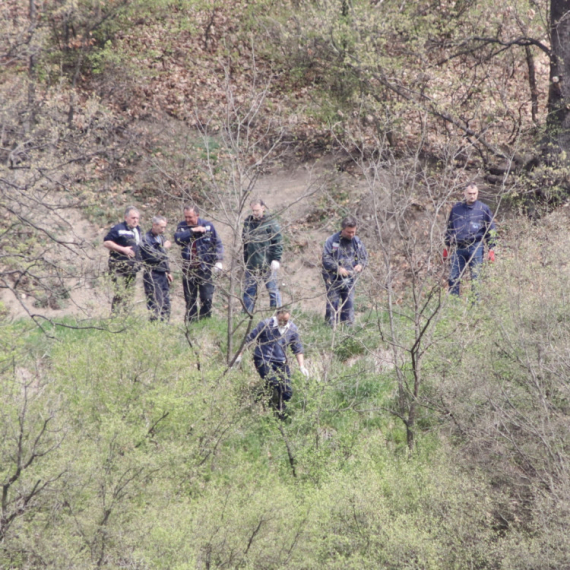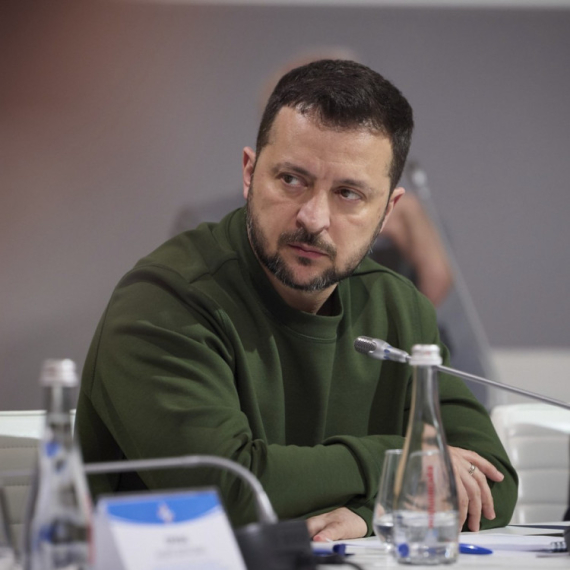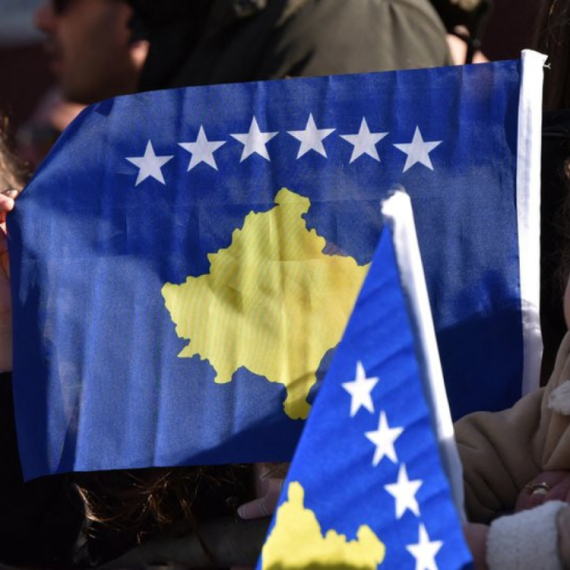"35 steps to Serbia's EU membership"
Once it finally begins accession talks with the EU, Serbia will face 35 chapters in the negotiating process, Tanjug is reporting.
Monday, 01.07.2013.
16:01

BELGRADE Once it finally begins accession talks with the EU, Serbia will face 35 chapters in the negotiating process, Tanjug is reporting. They will need to open and close before the country can achieve full-fledged membership. "35 steps to Serbia's EU membership" The chapters cover practically all aspects of state administration, from tax policy to fishing regulation, from security to culture and education, and each one must be opened and closed by the Foreign Affairs Council of the EU, which is made up of the foreign ministers of all 28 member states. While some chapters can be closed relatively quickly, others will take considerably more time. What is more, Brussels' stance toward candidate countries has changed in recent years, with a lot more attention being paid to making sure all EU rules and standards (acquis) are strictly respected. Croatia was in talks for six years, longer than any other EU member country, and last year the EU introduced a rule that chapters 23 and 24, related to the rule of law and human rights, are the first to be opened and the last to be closed. The new method, first applied to Montenegro which was just in the process of starting talks, was introduced because it was noticed that candidate countries, particularly in the Western Balkans, struggle most with these areas, and following the experience with Bulgaria and Romania which, according to a general consensus, entered the EU before they suppressed crime and corruption to a level tolerable to the EU. Judging by the state of the Serbian justice system and the record number of complaints from its citizens to the European Court of Human Rights in Strasbourg, the country will have a tough time climbing these two steps, but will also open another chapter at the beginning - chapter 35, marked "other issues." As European Enlargement Commissioner Stefan Fule explained last week, in Serbia's case this refers to normalization of relations with Pristina, so the dialogue with representatives of the Kosovo government will continue alongside the accession talks with the EU. Many of the remaining 32 chapters will also pose difficulties - chapter 17 (economic and monetary policy), for instance, requires independence of the central bank and prohibits direct financing of the public sector by the central bank, while chapter 5 requires strict public procurement procedures. To close chapter 15, Serbia must open up its energy market to foreign companies; power plants will be prohibited from emitting toxic gases (chapter 27, environment), and parts of the European road and rail network must be completed (chapter 14, transport policy). Tanjug
"35 steps to Serbia's EU membership"
The chapters cover practically all aspects of state administration, from tax policy to fishing regulation, from security to culture and education, and each one must be opened and closed by the Foreign Affairs Council of the EU, which is made up of the foreign ministers of all 28 member states.While some chapters can be closed relatively quickly, others will take considerably more time.
What is more, Brussels' stance toward candidate countries has changed in recent years, with a lot more attention being paid to making sure all EU rules and standards (acquis) are strictly respected.
Croatia was in talks for six years, longer than any other EU member country, and last year the EU introduced a rule that chapters 23 and 24, related to the rule of law and human rights, are the first to be opened and the last to be closed.
The new method, first applied to Montenegro which was just in the process of starting talks, was introduced because it was noticed that candidate countries, particularly in the Western Balkans, struggle most with these areas, and following the experience with Bulgaria and Romania which, according to a general consensus, entered the EU before they suppressed crime and corruption to a level tolerable to the EU.
Judging by the state of the Serbian justice system and the record number of complaints from its citizens to the European Court of Human Rights in Strasbourg, the country will have a tough time climbing these two steps, but will also open another chapter at the beginning - chapter 35, marked "other issues."
As European Enlargement Commissioner Stefan Fule explained last week, in Serbia's case this refers to normalization of relations with Priština, so the dialogue with representatives of the Kosovo government will continue alongside the accession talks with the EU.
Many of the remaining 32 chapters will also pose difficulties - chapter 17 (economic and monetary policy), for instance, requires independence of the central bank and prohibits direct financing of the public sector by the central bank, while chapter 5 requires strict public procurement procedures.
To close chapter 15, Serbia must open up its energy market to foreign companies; power plants will be prohibited from emitting toxic gases (chapter 27, environment), and parts of the European road and rail network must be completed (chapter 14, transport policy).









































Komentari 14
Pogledaj komentare